
Culture
13:56, 09-Dec-2018
China's largest dragon jar finally repaired
Updated
13:29, 12-Dec-2018
CGTN
03:51
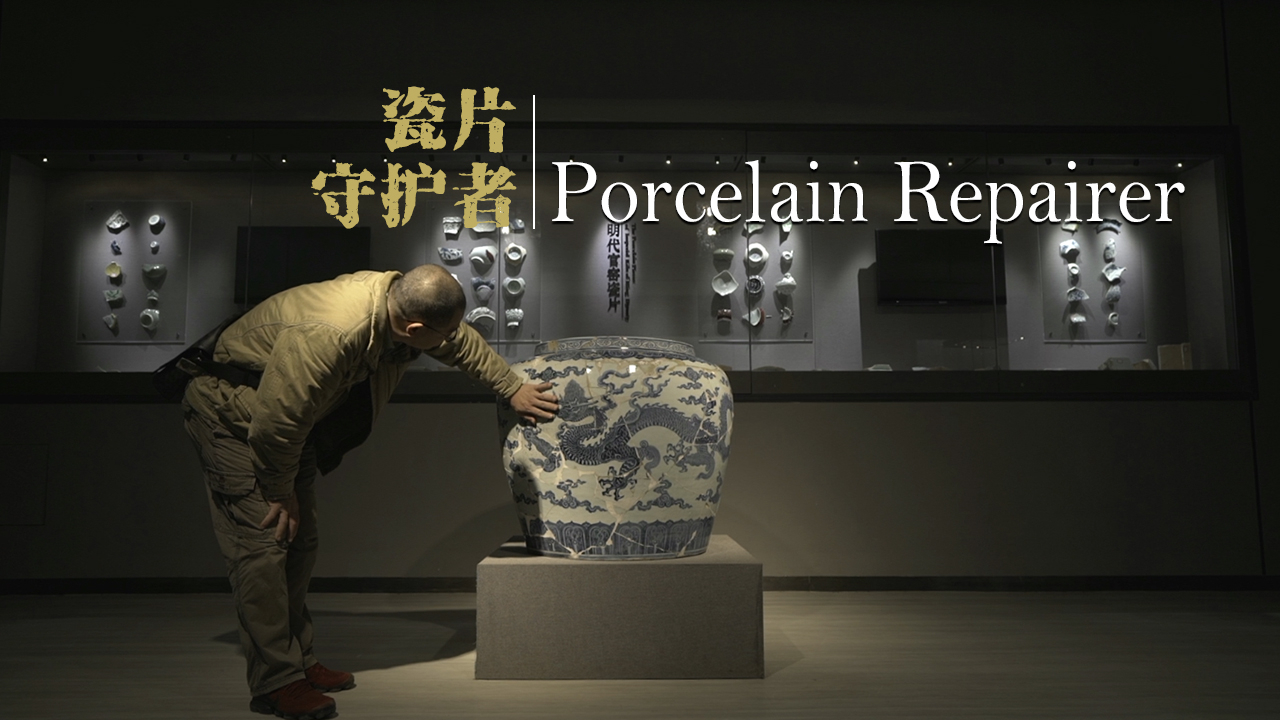
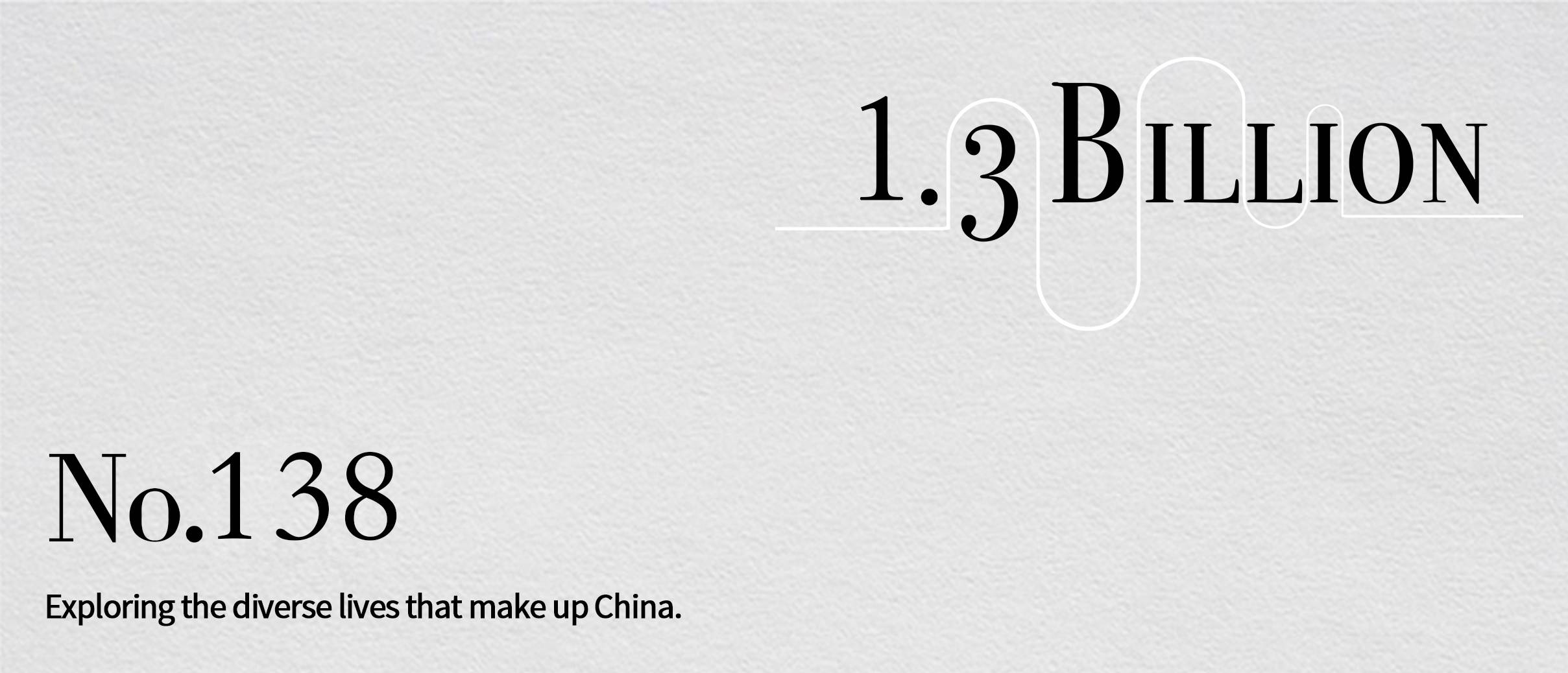
CGTN
CGTN
China has a long history of porcelain. Gathering the best of the craftsmen and materials, the official kilns in Jingdezhen, the "Porcelain Capital," had produced the world's greatest works from the dynasties of Yuan (1271-1368) to Qing (1636-1912).
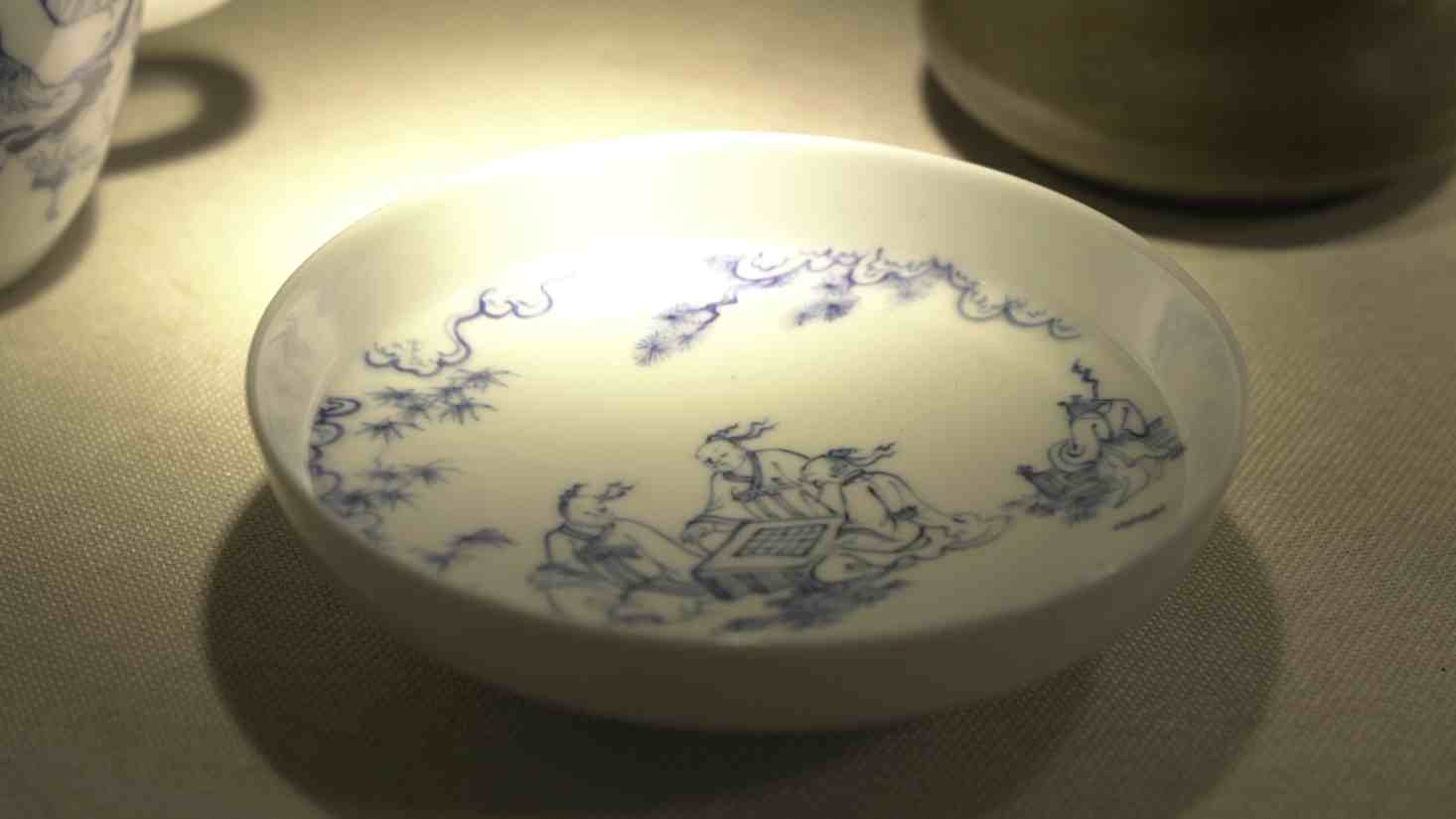
CGTN Photo
CGTN Photo
Exclusively for the palace, the dragon jars were made in the royal kilns and painted with blue and white dragon patterns. They were used for holding eternal flames in the royal tombs or storing water in case of firefighting.
Dragon jars were bigger than most other porcelain wares. High-quality products were rare from the special "dragon jar kilns."
"There used to be 32 special kilns in the region burning day and night, yet with very low yield," said Luo Guoxin, a collector of the ancient porcelain fragments.
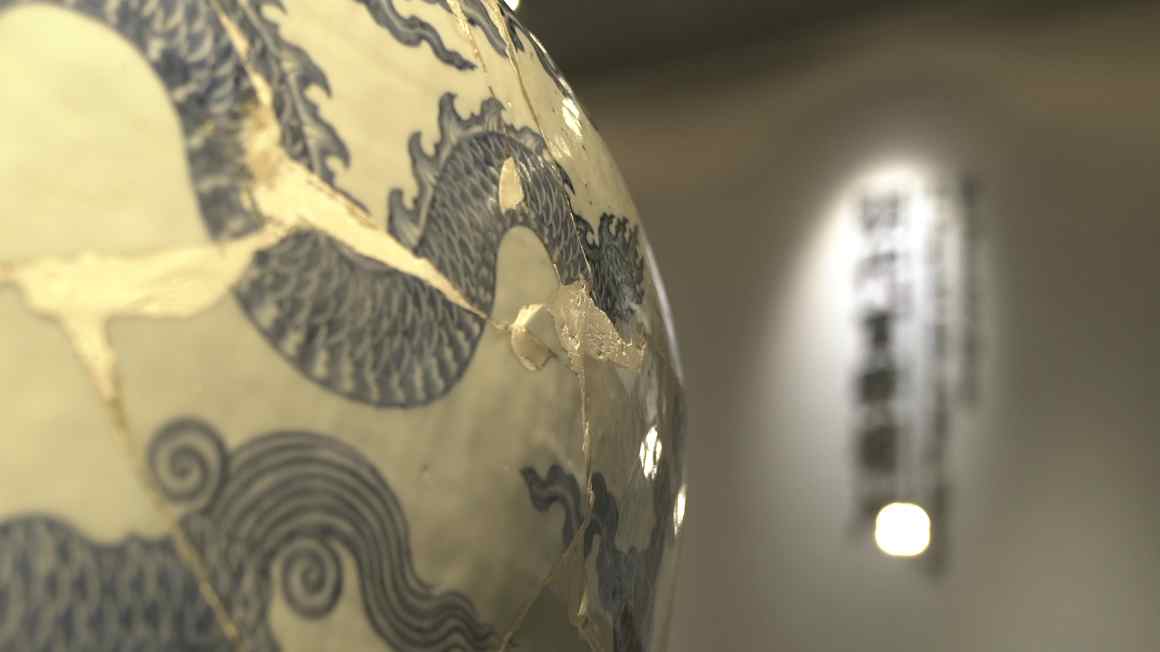
CGTN Photo
CGTN Photo
Born in Jingdezhen City of east China's Jiangxi Province, Luo started to learn from his father at the porcelain factory at a very young age. He ran a porcelain business in Shenzhen before he went on to establish an auction company in Beijing.
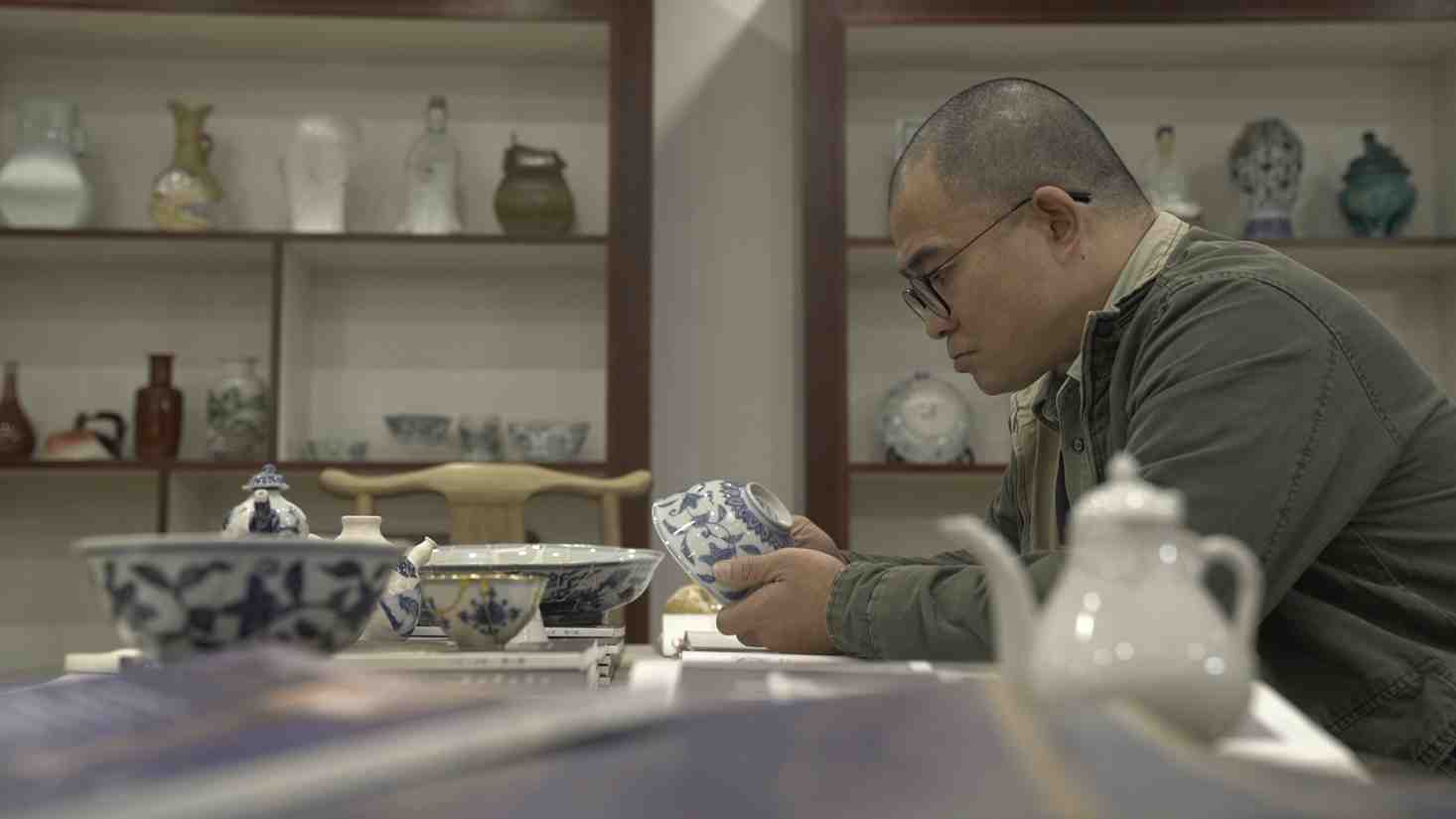
Luo Guoxin looking at a piece of china. /by CGTN
Luo Guoxin looking at a piece of china. /by CGTN
The more he dealt with porcelains and ceramics, the more he realized that his ability was not equal to his ambition. "I had limited knowledge about porcelain. For the past 20 years, I've squandered everything that I'd got. There was no sense living like that. I wanted to do something that really matters to myself."
Therefore, Luo went back to his hometown of Jingdezhen, which was at the time under reconstruction. A lot of fragments were dug out at the construction sites.
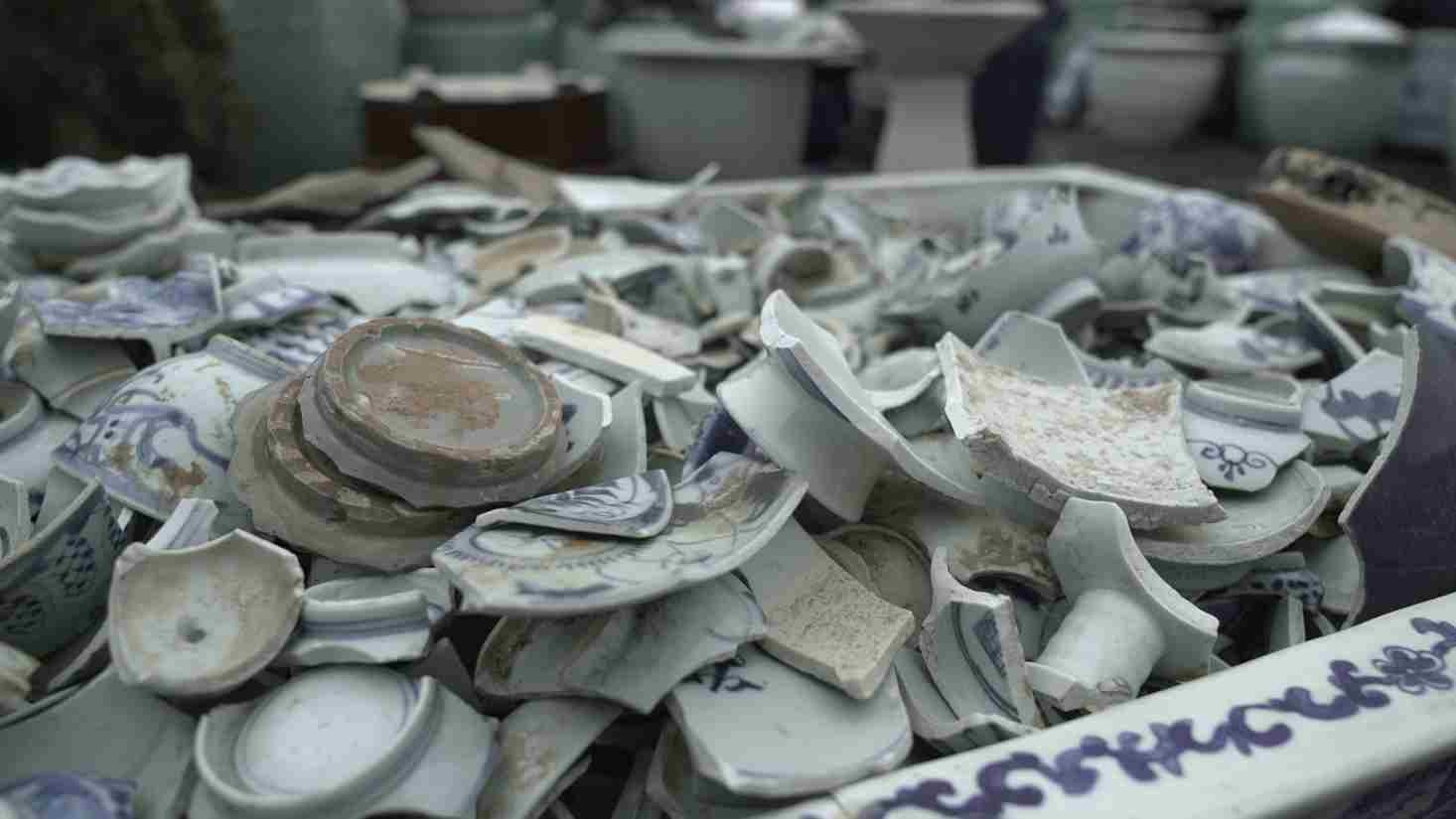
CGTN Photo
CGTN Photo
Aware of their value, Luo began to collect and restore them with his family and friends.
He believes that in the fragments "lie the root and soul of Jingdezhen."
"We've restored more than 300 porcelains from the dynasties of Song, Yuan, Ming and Qing. Most of them are Ming products," he said. "I've got some valuable pieces in Beijing, Nanjing City and Inner Mongolia Autonomous Region. I wish to bring them back to Jingdezhen, their birthplace."
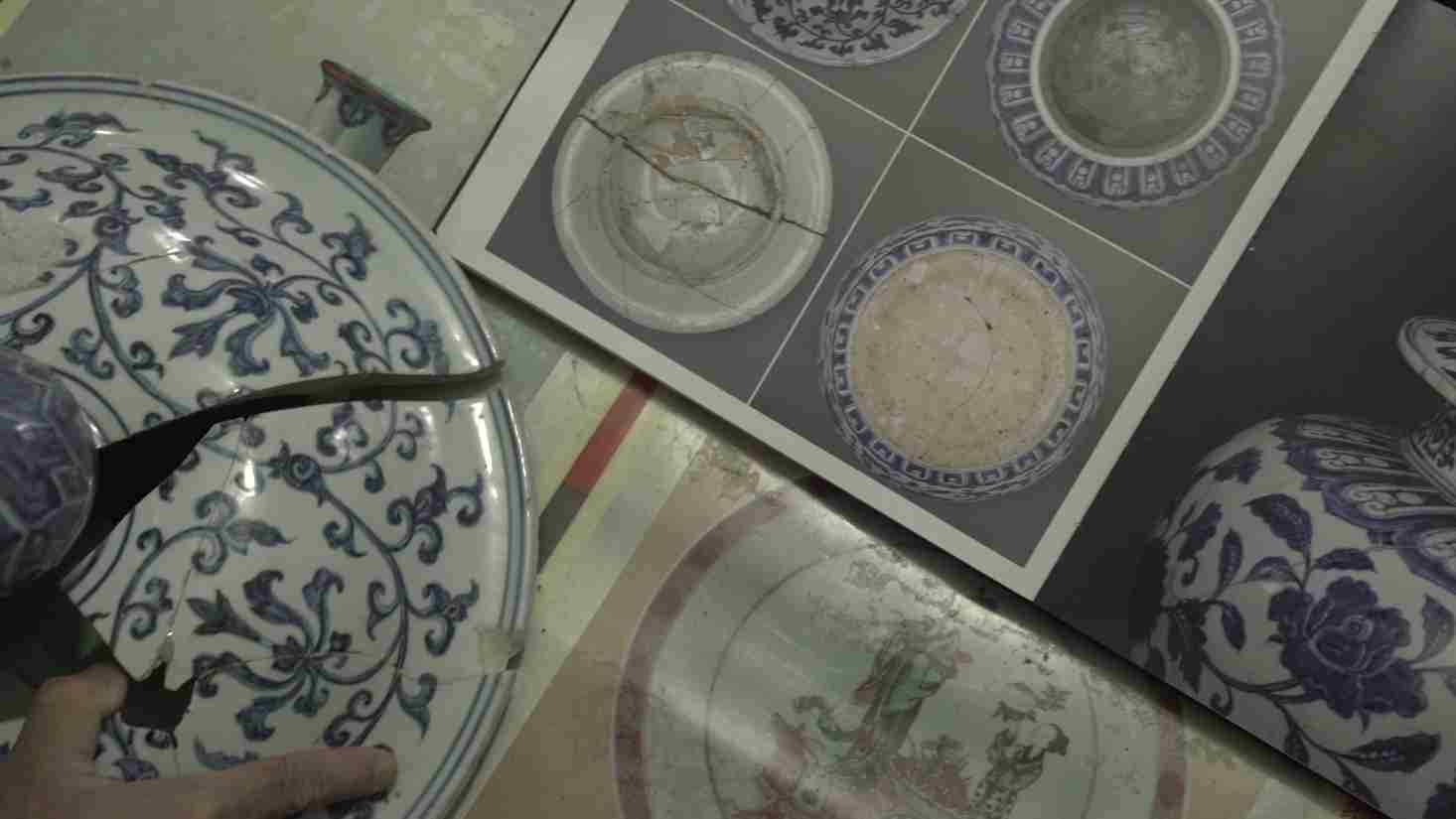
CGTN Photo
CGTN Photo
The most significant work that he's repaired is the Ming-style blue and white dragon jar from the Xuande reign (1426-1435).
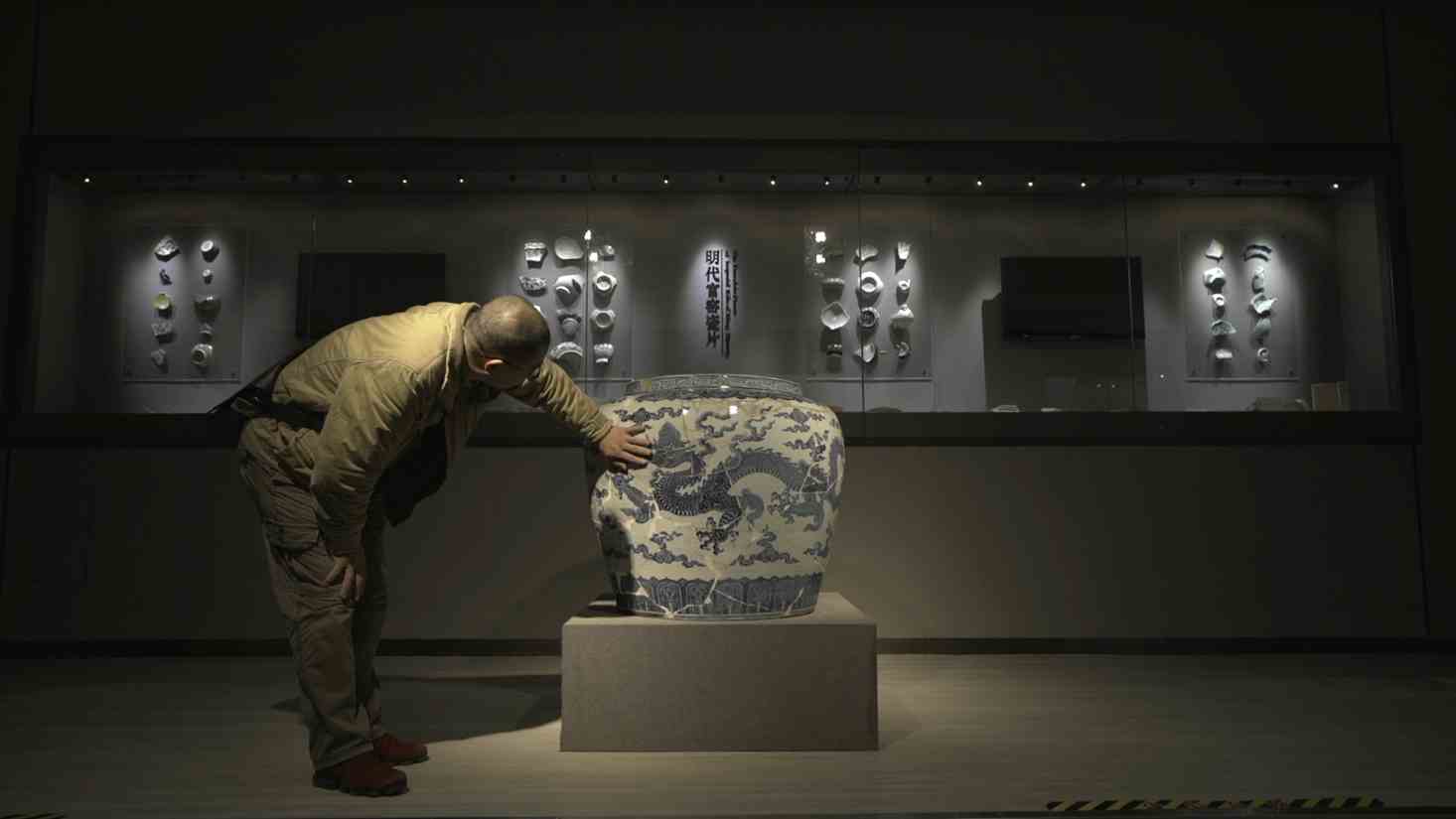
This repaired blue-and-white ceramic jar has been painted with a dragon pattern from the Ming Dynasty (1368 to 1644 A.D.) /by CGTN
This repaired blue-and-white ceramic jar has been painted with a dragon pattern from the Ming Dynasty (1368 to 1644 A.D.) /by CGTN
Serendipity played its part when he found the fragments in a seller's place. "I was amazed and determined to restore the jar," said Luo.
He bought those fragments with his own savings. As big as the jar is, it took him six years to collect all the pieces. The restoration took another three months. "No dragon jars found so far of this size are intact," he said. "It's hard to put my feeling into words. Like we've dug out an entire cathedral from underground."
The jar was once exhibited in Shenzhen. Many collectors showed interest and offered prices up to three million yuan but Luo turned them down. "If I kept the dragon jar to myself, it may at most add some figures to my bank account. The fact that I donated it to Jingdezhen Ceramics Museum made a big difference." He made the donation with only one condition: exhibiting the jar without a glass shield so that people can appreciate it close up.
Tourists who are attracted by the jar can totally touch it, feeling the texture of the relic from the official kiln of the Ming dynasty.
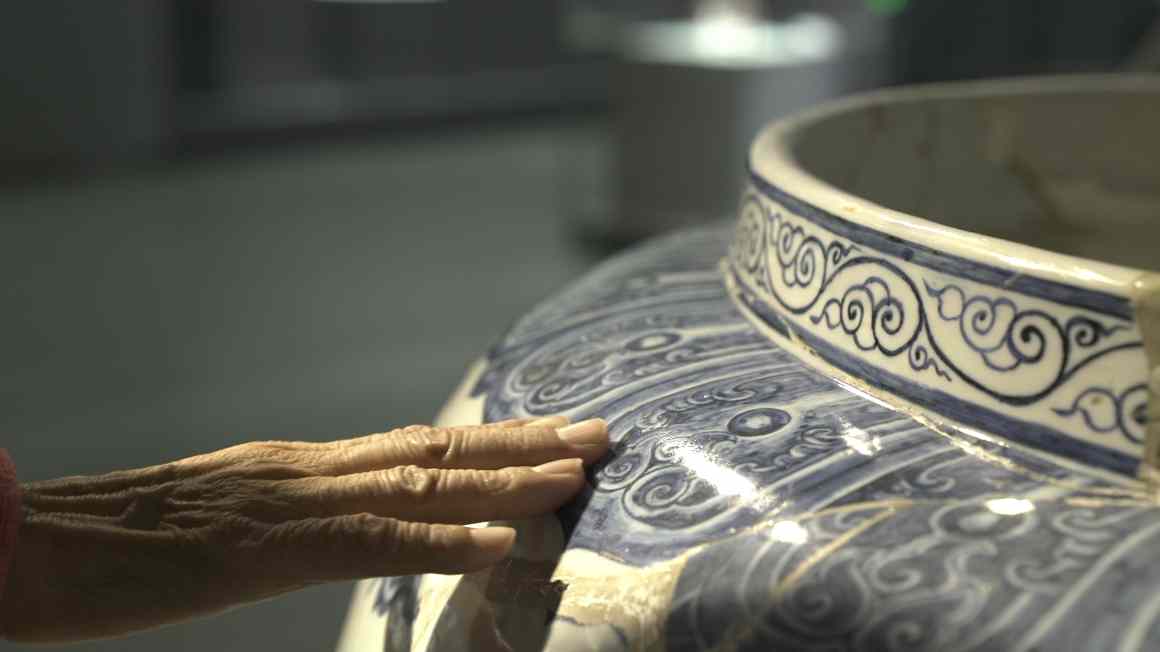
CGTN Photo
CGTN Photo
Luo feels a strong connection both with the porcelains and with his hometown. "I wish to establish a fragment museum someday, where people can see and learn about them for free," he said. "Not like us, these things are immortal. They make sense to your life, as long as you put your heart into them."
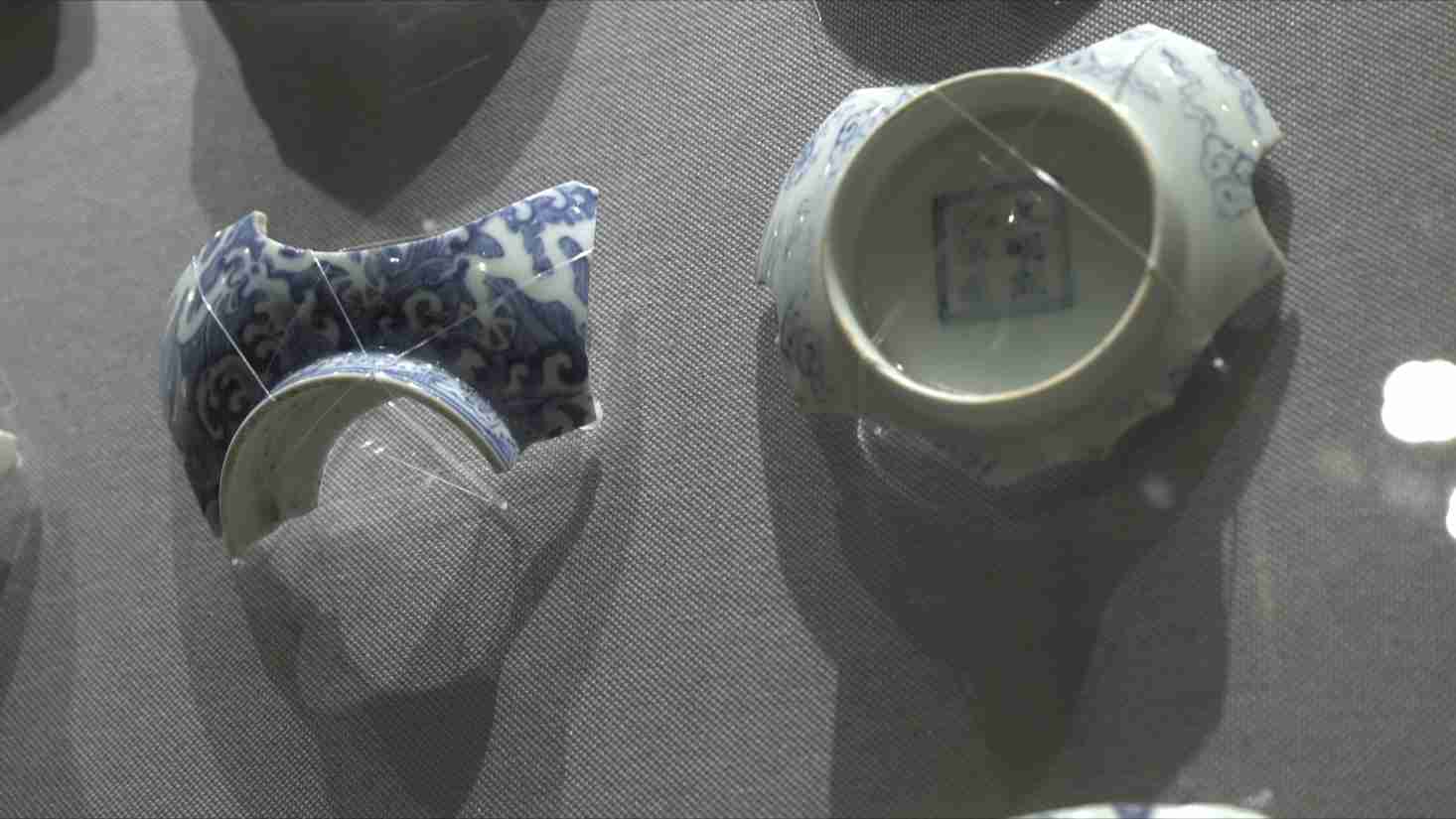
CGTN Photo
CGTN Photo
Director: Lei Rong, Yang Yilang
Editor: Yang Yilang, Gao Xingzi
Filmed by: Wang Hengle
Designer: Qu Bo
Article Written by: Zhu Siqi
Copy Editor: Bertram Niles
Producer:Wen Yaru
Chief Editor: Zhao Jianfu
Supervisor:Pang Xinhua
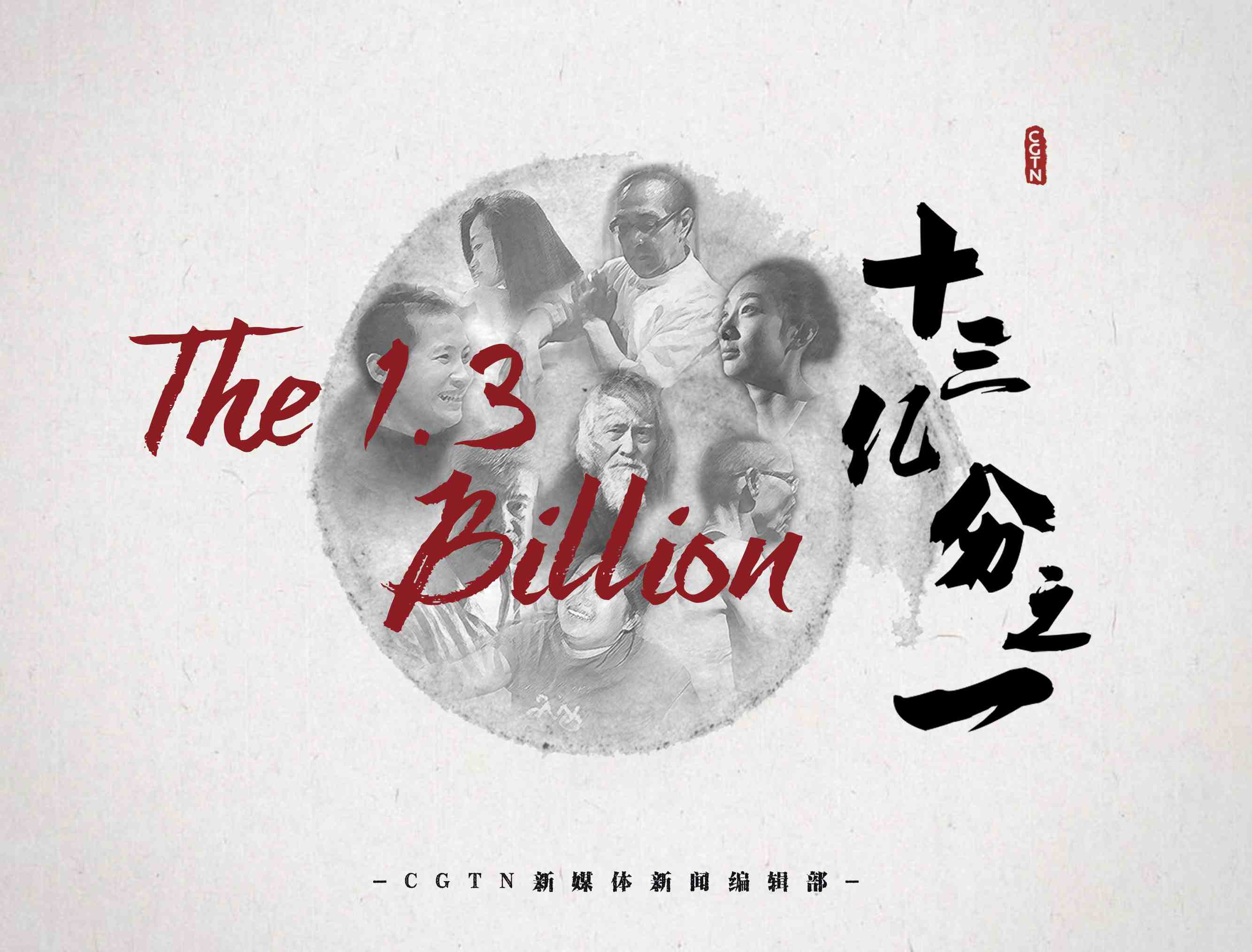
The story is one in The 1.3 Billion series exploring the diverse lives that make up China.
The story is one in The 1.3 Billion series exploring the diverse lives that make up China.

SITEMAP
Copyright © 2018 CGTN. Beijing ICP prepared NO.16065310-3
Copyright © 2018 CGTN. Beijing ICP prepared NO.16065310-3